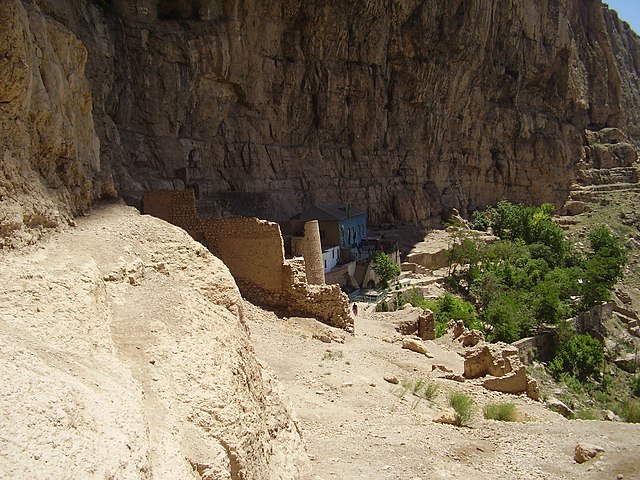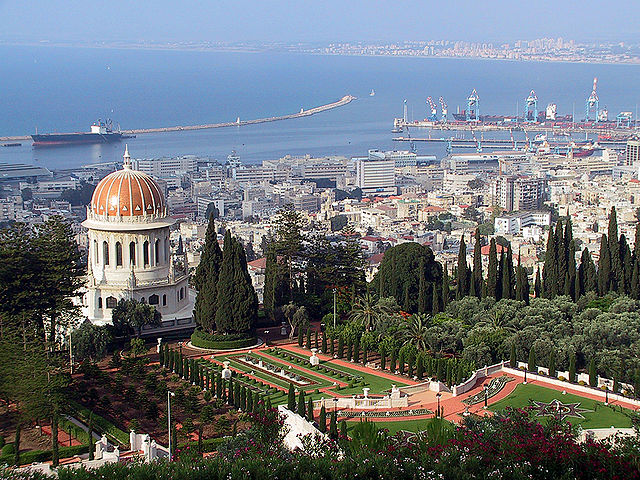Táhirih (Ṭāhira) (Persian: طاهره, "The Pure One," also called Qurrat al-ʿAyn are both titles of Fatimah Baraghani/Umm-i Salmih, an influential poet, women's rights activist and theologian of the Bábí faith in Iran. She was one of the Letters of the Living, the first group of followers of the Báb. Her life, influence and execution made her a key figure of the religion. The daughter of Muhammad Salih Baraghani, she was born into one of the most prominent families of her time. Táhirih led a radical interpretation that, though it split the Babi community, wedded messianism with Bábism.
The home of Táhirih in Qazvin.
Kazim Rashti
Fortress of Máh-Kú where the Báb was imprisoned.
Nasser-al-Din Shah, King of Persia.
Bábism, also known as the Bábi Faith, is a monotheistic religion founded in 1844 by the Báb. The Báb, an Iranian merchant-turned-prophet, professed that there is one incorporeal, unknown, and incomprehensible God who manifests his will in an unending series of theophanies, called Manifestations of God. The Báb's ministry, throughout which there was much evolution as he progressively outlined his teachings, was turbulent and short lived and ended with his public execution in Tabriz in 1850. A campaign of extermination followed, in which thousands of followers were killed in what has been described as potentially one of the bloodiest actions of the Iranian military in the 19th century.
Shrine of the Báb in Haifa, Israel
The room in the Báb's house in Shiraz where he declared his mission to Mulla Husayn.
Shrine of Shaykh Ṭabarsí
The Shrine of the Báb in Haifa








